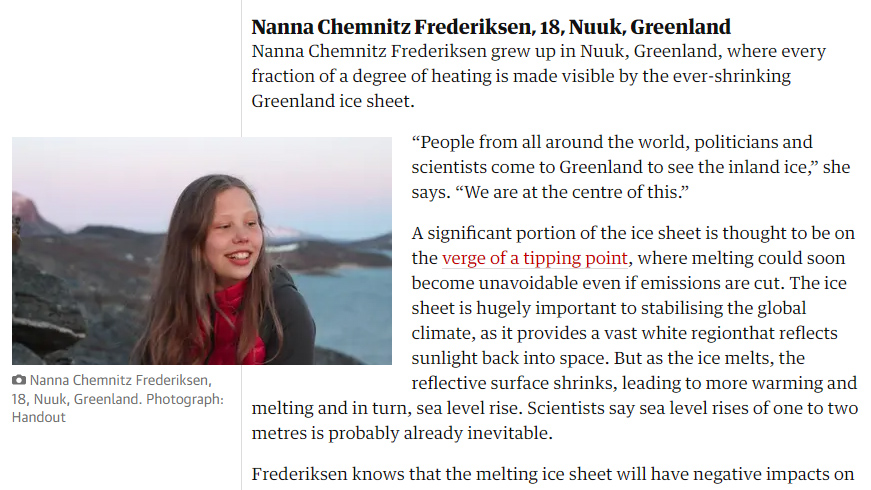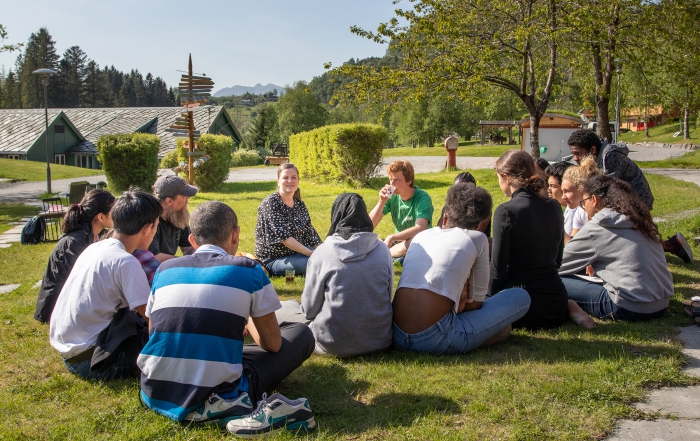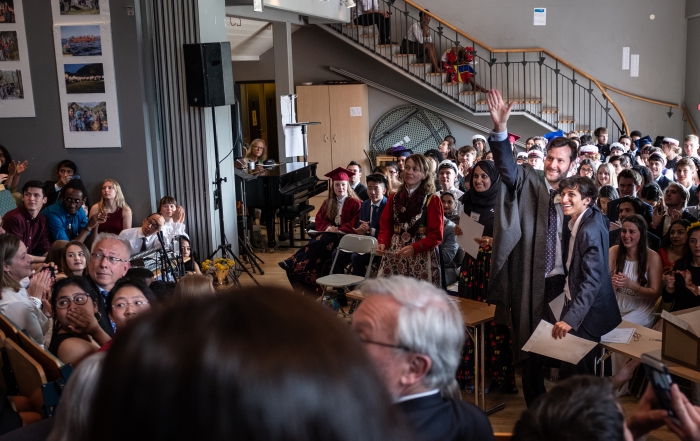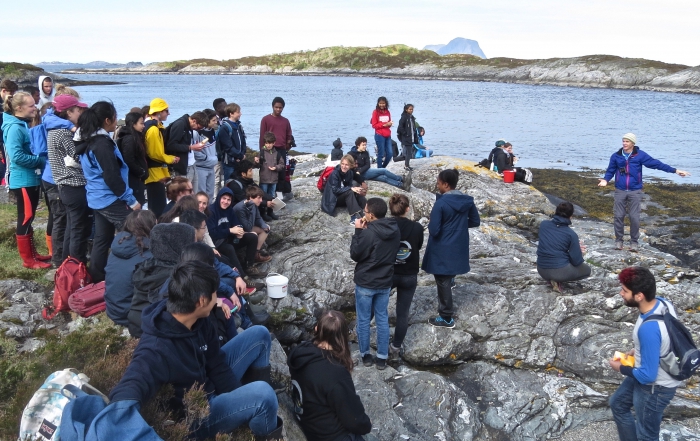“People from all around the world, politicians and scientists come to Greenland to see the inland ice,” she says. “We are at the centre of this.”
A significant portion of the ice sheet is thought to be on the verge of a tipping point, where melting could soon become unavoidable even if emissions are cut. The ice sheet is hugely important to stabilizing the global climate, as it provides a vast white region that reflects sunlight back into space. But as the ice melts, the reflective surface shrinks, leading to more warming and melting and in turn, sea level rise. Scientists say sea level rises of one to two metres is probably already inevitable.
Frederiksen knows that the melting ice sheet will have negative impacts on communities across Greenland, especially in northern settlements such as Qaanaaq where permafrost melting is destabilizing homes and roads and impacting how fishers and hunters operate.
But her real concern lies on the impact it will have globally. “I am not so scared of what the effects of the melting of ice in Greenland will be,” Frederiksen says, “It scares me what effect it can have for the rest of the world.”
Latest News
Family Doctor of the Year
Inger Johanne Ravn, a family doctor in Fjaler and former UWC Atlantic College student (class of 1991), gave today's RCN Life Skills session for first years, house mentors, advisors and colleagues in the Care Centre [...]
Graduation Day 2018
The graduating class of 2018 Graduation took place on Saturday 19th May at UWC Red Cross Nordic. It was a pleasure to welcome so many families, host families from our local community and [...]
Hey, look at this!
Intrepid explorers The IB science project's main purpose is for the students to experience teamwork and to investigate with the use of modern technology. This year we intended to deal with plastics on [...]




